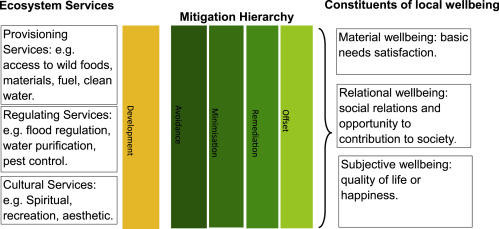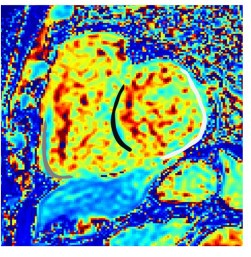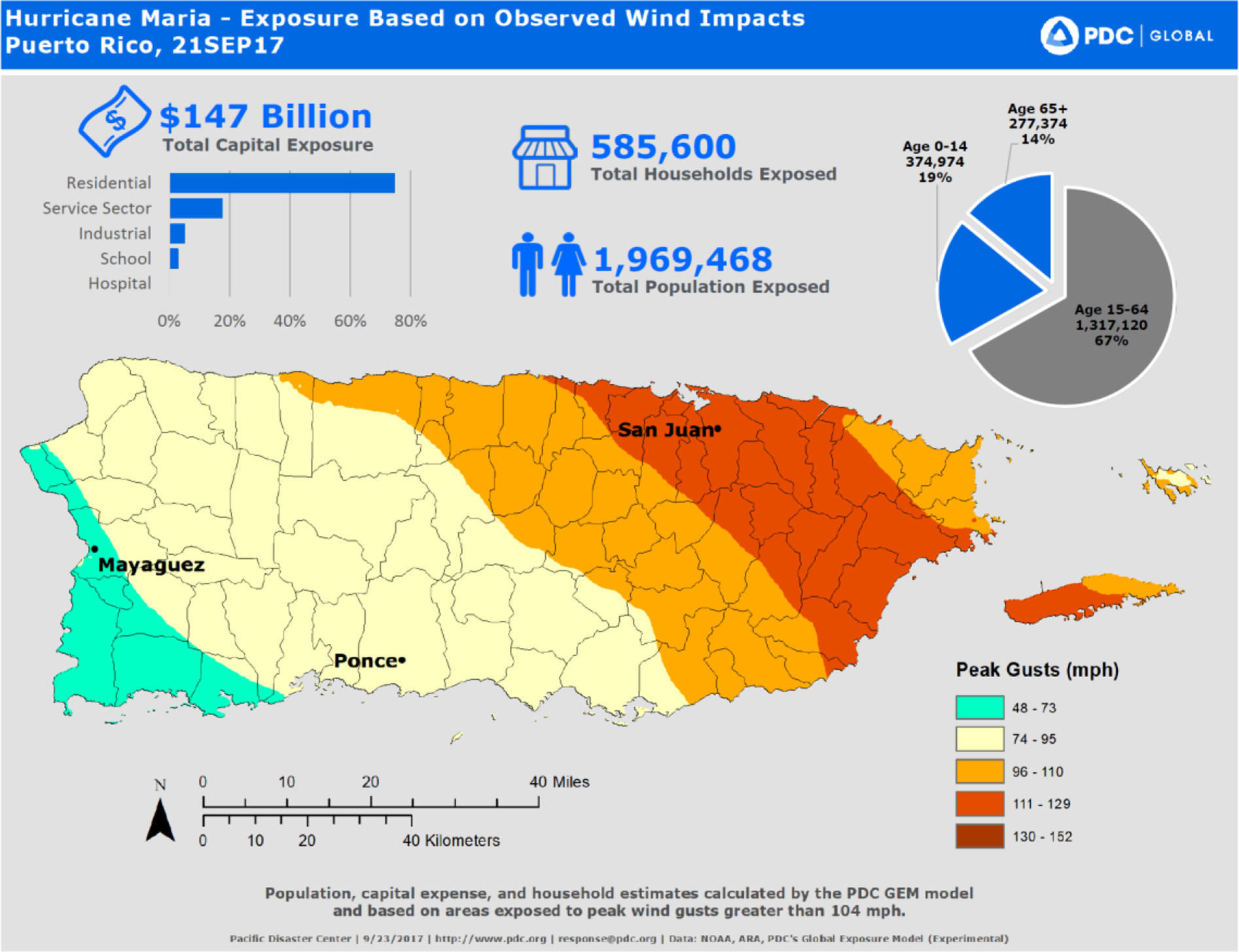Leadership Quarterly, Volume 30, October 2019
Norway was the first of ten countries to legislate gender quotas for boards of publicly traded firms. There is considerable debate and mixed evidence concerning the implications of female board representation. In this paper, we explain the main sources of biases in the existing literature on the effects of women directors on firm performance and review methods to account for these biases.
The Lancet Public Health, Volume 4, October 2019
Social Science and Medicine, Volume 239, October 2019
Journal of Cardiology,
Volume 75, Issue 4,
2020,
Pages 424-431



